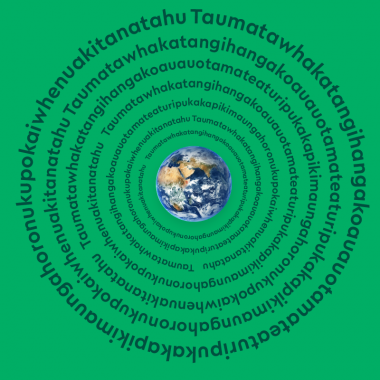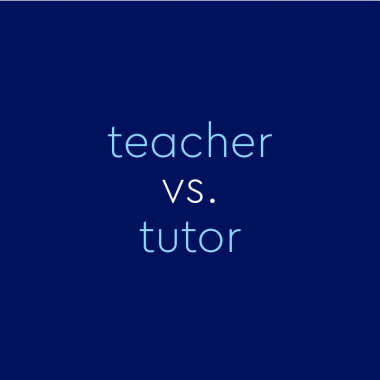What Is “Maundy Thursday,” And What Does “Maundy” Mean?
No, Maundy Thursday is not a typo for Monday Thursday. Maundy Thursday—also known as Holy Thursday and Sheer Thursday, among other names—is a Christian holy day that commemorates events known as the Washing of the Feet and the Last Supper. This day is part of the Holy Week leading up to Easter. Maundy Thursday comes after Holy Wednesday, and is followed immediately by Good Friday, …











